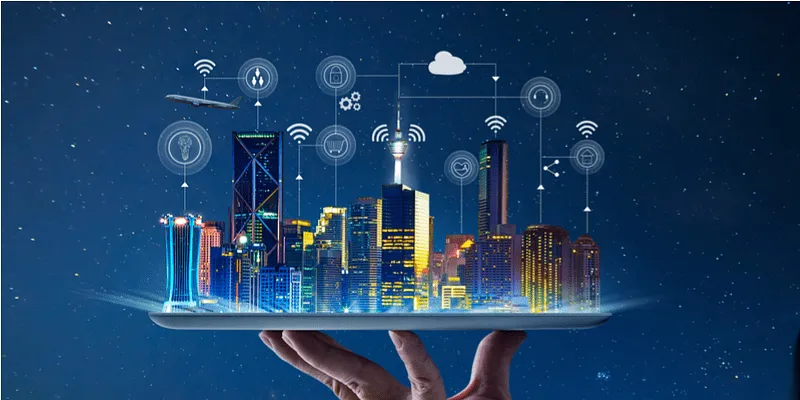Embracing IoT for a connected living experience
With interconnected devices and automated systems, smart homes offer a seamless integration of technology into our living spaces, providing unparalleled comfort and control.
In this era of technological advancements, our homes are becoming smarter than ever before.
The concept of smart homes, powered by the Internet of Things (IoT), has revolutionised the way we live, making our daily lives more convenient, efficient, and secure.
With interconnected devices and automated systems, smart homes offer a seamless integration of technology into our living spaces, providing unparalleled comfort and control.
IoT powering smart homes
IoT refers to the network of physical devices, appliances, and sensors that are connected to the Internet and can communicate with each other.
In the context of smart homes, IoT plays a significant role in enabling the interconnection of devices and appliances. This connectivity allows for seamless communication and data exchange, creating a unified ecosystem within the home.
IoT devices used in smart homes come in various forms, such as smart speakers, thermostats, security systems, and appliances.
These devices are equipped with sensors, actuators, and internet connectivity, enabling them to collect and transmit data, as well as receive commands and instructions from users.
By leveraging IoT technology, smart homes can achieve a higher level of automation and intelligence, enhancing the overall living experience.

Convenience and efficiency
One of the primary advantages of smart homes is the convenience they offer.
Through voice-controlled assistants, users can easily control various aspects of their homes, such as adjusting the temperature, turning on lights, or playing music, using simple voice commands.
This hands-free interaction provides a seamless and effortless experience.
Lighting control systems allow users to customise lighting scenes and schedules, reducing energy waste. Smart appliances, such as refrigerators and washing machines, can optimise their operation based on usage patterns, leading to more efficient resource utilisation.
The energy-saving capabilities of smart home technologies contribute to cost savings and environmental benefits.
By optimising energy consumption, homeowners can reduce their utility bills and contribute to a more sustainable future by minimising energy wastage.
Improved security
Smart homes offer advanced security features that enhance the safety of homeowners.
Surveillance cameras enable remote monitoring of the property, providing a sense of security and peace of mind. Smart locks offer keyless entry, allowing homeowners to control access to their homes remotely and track who enters and exits.
Integration with mobile applications enables real-time monitoring and alerts, allowing homeowners to receive notifications about potential security breaches or unusual activities.
This increased level of awareness and control empowers homeowners to take proactive measures in safeguarding their homes and belongings.
However, concerns related to data privacy and cybersecurity exist.

Personalised Living Experience
Smart homes provide a highly personalised living experience. Users can customise various aspects of their homes to align with their preferences and needs.
For example, personalised lighting systems allow users to create different ambiances and moods in different areas of the house. Temperature settings can be adjusted to individual preferences, ensuring optimal comfort throughout the day.
Integration of smart home devices with artificial intelligence (AI) and machine learning enables adaptive and intuitive automation.
These systems can learn user behavior patterns and automatically adjust settings and routines accordingly. This personalised approach enhances the overall user experience and simplifies daily routines.
Moreover, smart homes have the potential to improve the quality of life for individuals with specific needs or disabilities.
Assistive technologies, such as voice-controlled assistants and automated routines, can enhance accessibility and independence.
Smart home devices can be integrated with healthcare monitoring systems, allowing remote monitoring and timely intervention for individuals with medical conditions.







